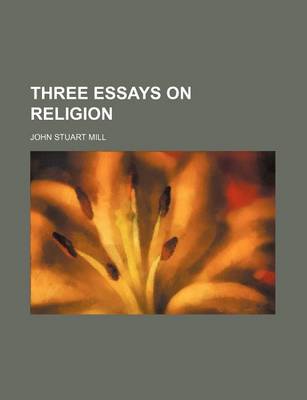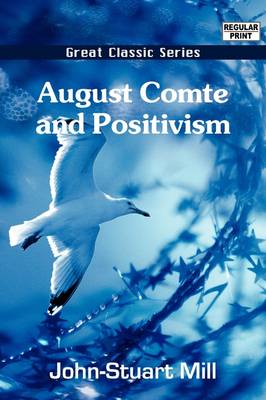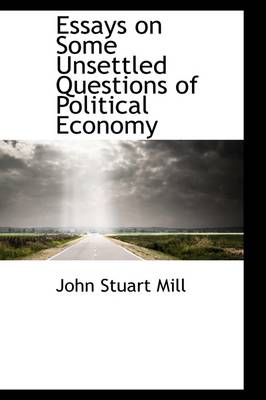Key Texts S.
3 total works
Published between 1850 and 1870, these essays by English social and political philosopher John Stuart Mill (1806-1873) offers his most sustained analysis of religious belief. Though not prepared to abandon the idea of an overall design in nature, Mill nonetheless argues that its violence and capriciousness mitigate against moral ends in nature's workings. Moreover, any designer of such a world as we experience cannot be all powerful and all good, for nature is "too clumsily made and capriciously governed."
Reissued in its revised 1866 second edition, this work by John Stuart Mill (1806-73) discusses the positivist views of the French philosopher and social scientist Auguste Comte (1798-1857). Comte is regarded as the founder of positivism, the doctrine that all knowledge must derive from sensory experience. The two-part text was originally printed as two articles in the Westminster Review in 1865. Part 1 offers an analysis of Comte's earlier works on positivism in the natural and social sciences, while Part 2 considers its application in areas such as religion and ethics. Mill states that Comte is the first philosopher who has attempted to extend positivism 'to all objects of human knowledge'. Despite being critical of a number of Comte's views, such as the exclusion of psychology from positivist science, Mill acknowledges his fellow philosopher's influence in the face of common negative perceptions of the positivist movement.
These five essays represent Mill's earliest thoughts in economic matters and were first composed in 1829 and 1830 before his reputation had been established by the publication of "Logic" in 1843. Their successful reception no doubt hastened the composition of his comprehensive work the "Principles of Political Economy" (1848).


